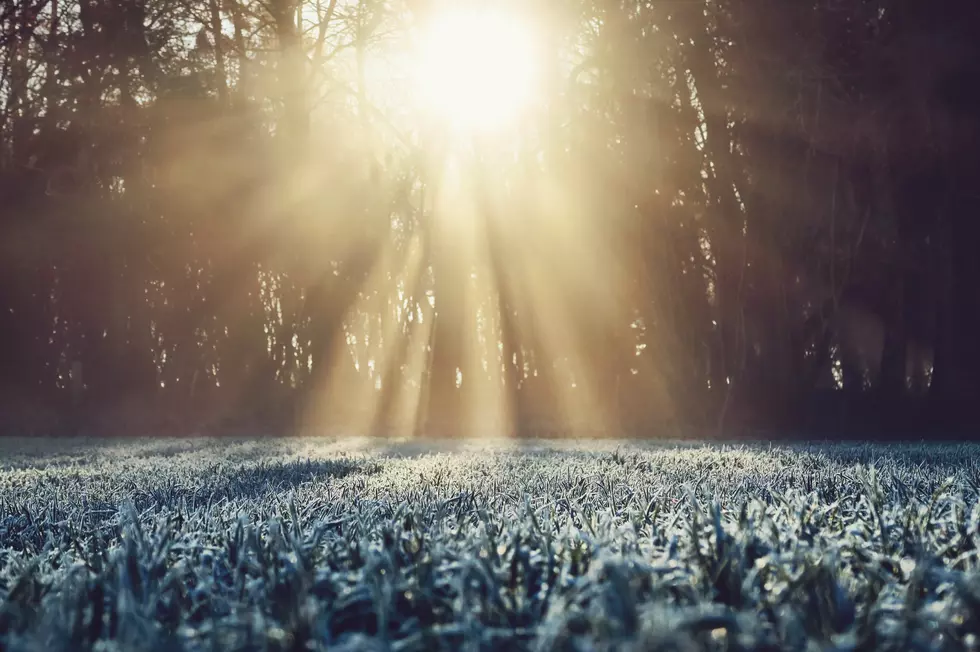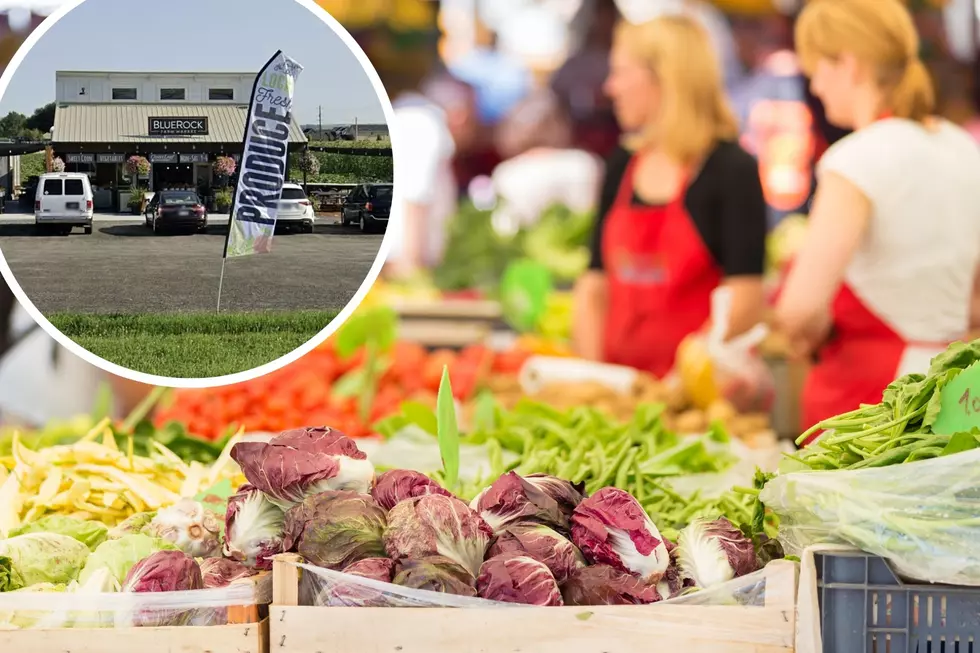
When is the First Fall Freeze Coming to Twin Falls ID?
It's that time of year again! The leaves are changing, the air is getting crisp, and the days are getting shorter. That can only mean one thing - winter is on its way!
Twin Falls and other parts of Magic Valley could see freezing temperatures late Saturday night and early Sunday morning, October 22 & 23, 2022. As of this posting, the National Weather Service is predicting a low of 32 degrees as we head into early Sunday morning.
This is typical weather as far as Southern Idaho weather goes. In early fall, we might see a couple of weeks of warmer weather before things start to get a lot colder, especially at night. If you're in an area that's expecting freezing temperatures this weekend, there are a few things you'll need to do to prepare.
Here's a handy checklist to make sure you're ready for Old Man Winter:
Blow out your sprinkler system
Water in your pipes can freeze and expand, causing them to burst. To avoid this, have your sprinkler system professionally blown out. If you're a DIYer with an air compressor, you can do this yourself, but if you don't know what you're doing, I recommend hiring a pro.
Speaking of freezing pipes, it's a good idea to make sure your outdoor spigots are turned off and disconnect your hoses for the winter.
Cover your plants
If you have any tender plants or vegetables in your garden, cover them with a layer of plastic to help protect them from the cold.
Bring in the patio furniture
If you have any outdoor furniture or décor, be sure to bring it inside. Otherwise, it could get damaged by the cold weather.
Check your smoke and carbon monoxide detectors
It's always a good idea to test your smoke and carbon monoxide detectors at the start of
each season. In winter, you're not going to have your windows open as much, so you won't have as much fresh air moving through your house. If you test your detectors, you'll know they're working properly in case of an emergency.

